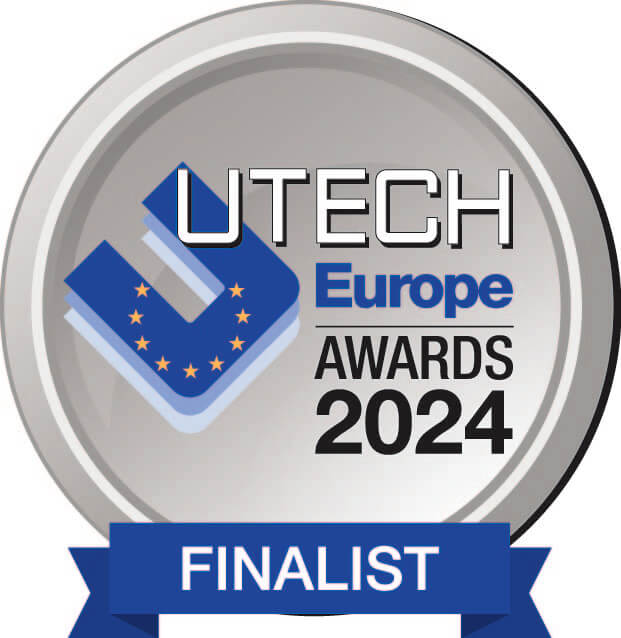Riga, Latvia – Polylabs is proud to announce its nomination as one of the finalists for the UTECH Europe 2024 Sustainability Initiative Award for its new bio polyol UPT product line. This prestigious nomination recognizes Polylabs’ commitment to innovation and environmental stewardship in the polyurethane industry.

Bio Polyol UPT products represent a significant advancement in eco-friendly foam production. Derived from forestry industry by-products, these polyester linear polyols are revolutionizing the market with their environmentally responsible composition. Specifically tailored for use in rigid PUR/PIR thermal insulation foam and other applications, Bio Polyol UPT products combine technical excellence with a focus on sustainability.
Key features of Bio Polyol UPT products include:
- CO2 negative footprint*
- Bio carbon content up to 74%
- Competitive pricing compared to fossil-based alternatives
UTECH Europe 2024 is the leading international exhibition and conference for the global polyurethane industry. Scheduled to take place from April 23 to 25, 2024, at the MECC Maastricht in the Netherlands, this event attracts top-level exhibitors and thousands of attendees from around the world.
Polylabs joins a select group of finalists for the UTECH Europe 2024 Sustainability Initiative Award, alongside industry leaders such as BASF, Covestro, DOW, Kimpur, Plixxent and others.
For more information about Polylabs and its innovative Bio Polyol UPT products, please contact office@polylabs.eu.
*Depending on each product from 0.1 down to -0.34 kgCO2/kg. For details on our calculation methodology, please reach out.